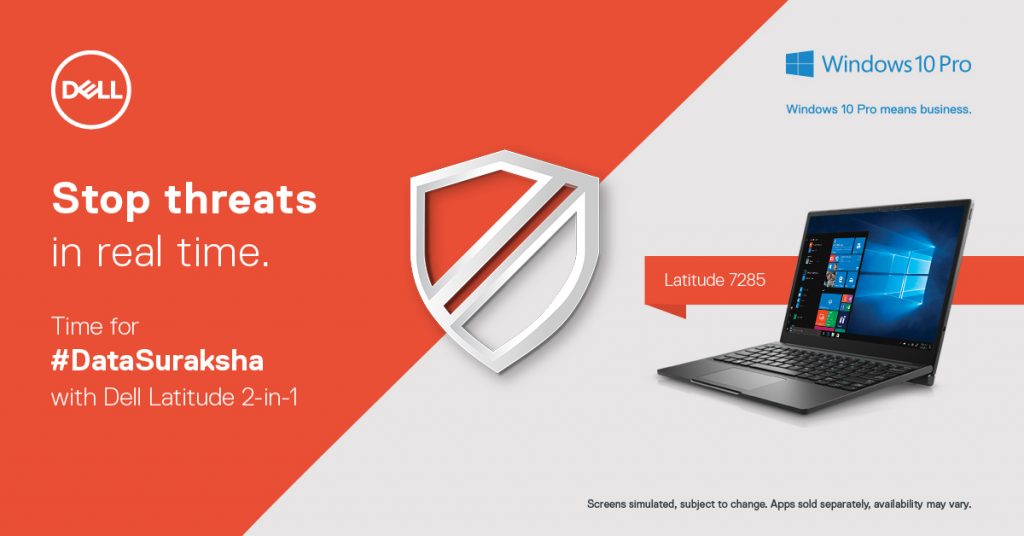With the government of India adopting the “Digital India” campaign in a mammoth way, there come the threats of cybercrime and data theft. The recent time has witnessed two big-time attacks on Indian networks—the WannaCrypt and Petya Ransomware attacks, which put a big question about our present security infrastructure. Especially now when most of bank and organizational data are being available online, a significant review as well as amendments to our present policy on cyber security has emerged as the need of the hour. Time has come for India to prioritize the security of the personal data of its citizens and update its cybersecurity policy.
We can’t be so sure that our online data is secure all the time as we all are aware about the recent data rupture of debit cards. And this news left all the Indian customers at risk and is said to be the biggest breach in the country’s banking system till date. Cyber security is becoming one of the major issues for all the sectors in India.

If the Symantec 2017 Internet Cyber Security Threat Report is anything to go by, India has been ranked fifth as the most vulnerable country in the world with respect to potential cyber security breaches. Adding to this, the rising number of data breach cases in India is surely weakening our country’s economy anyhow. The recent past has seen how WannaCry Ransomware attack badly hit around two lakhs of computers across the world and ended up encoding important data. So, cyber security is no more an afterthought but a big-time issue that needs immediate attention.
Interestingly, the Indian Government has already taken some significant steps to ensure that India’s cyber security remains a priority. The government has formed the National Cyber Coordination Centre and the formations of the Cyber Operation Centre and the National Critical Information Infrastructure Protection Centre (NCIIPC) are some positive steps towards strengthening our country’s defense in the cyber world. Even, significant efforts are being made at the organizational level to make people aware of cyber security and ensure endpoint security at the organizational level.
Recently, for instance, I have come across a campaign by Dell EMC India, which is trying its best to spread awareness about cybersecurity. This #DataSuraksha campaign is already gaining much attention on the social media, with people from all walks of life sharing their ideas and thoughts of how to keep data secured. You, too, can participate in the campaign. To know more, visit Dell EMC India’s Facebook and Twitter.








